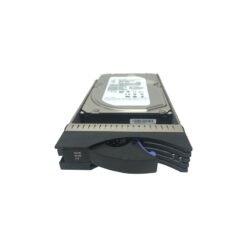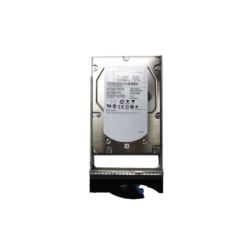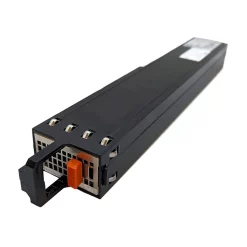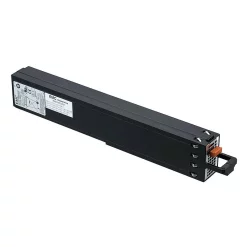Understanding the Importance of Data Workflow in Modern Enterprises
Data workflow in modern enterprises is a critical component of organizational efficiency and decision-making. As businesses continue to rely heavily on data, optimizing the flow of information within the company becomes pivotal. Companies demand systems that can handle large volumes of data seamlessly, securely, and quickly. This is where EqualLogic controllers come into play, revolutionizing data management through improved performance and reliability.
The Emerging Challenges in Data Management
Enterprises today face multiple challenges in managing data effectively. These challenges include data sprawl, increased demand for real-time data access, ensuring data integrity, and scalability. Additionally, the need for data security has never been more critical, with breaches potentially leading to financial and reputational damage. Overcoming these challenges requires innovative solutions capable of transforming complex workflows into manageable processes.
The Role of EqualLogic Controllers in Enhancing Workflow
EqualLogic controllers are designed to improve data workflows by providing enterprise-class storage solutions that are automated, scalable, and easy to manage. These controllers enable organizations to enhance productivity by streamlining data access and storage, significantly reducing latency, and improving responsiveness. Additionally, EqualLogic controllers come equipped with advanced features that are designed to enhance data protection and provide a reliable disaster recovery framework.
Features of EqualLogic Controllers
- Automated Load Balancing: EqualLogic controllers automatically adjust workloads to optimize storage performance, ensuring that resources are utilized effectively without manual intervention.
- Scalability: Enterprises can easily add additional arrays without disruption, allowing them to scale their storage resources in line with their growing data needs.
- Advanced Data Protection: They include built-in data protection features such as snapshots, replication, and backup capabilities, ensuring data integrity.
- Integration Capabilities: EqualLogic integrates seamlessly with existing IT infrastructure, providing compatibility with various network environments and applications.
Advantages of Implementing EqualLogic Controllers in Enterprises
The integration of EqualLogic controllers offers numerous advantages to enterprises:
- Improved Operational Efficiency: Automation reduces the need for manual data handling, allowing IT teams to focus on strategic tasks.
- Cost Reduction: The scalability feature means that companies can grow their storage capabilities without substantial infrastructure investments.
- Improved Data Access Speed: With reduced data latency, employees gain quicker access to crucial information, improving decision-making.
- Enhanced Security: Robust data protection safeguards enterprise data against breaches and losses.
Comparative Analysis: EqualLogic Controllers vs. Traditional Storage Solutions
| Feature | EqualLogic Controllers | Traditional Storage Solutions |
|---|---|---|
| Scalability | High – Allows dynamic scaling | Limited – Fixed storage capacities |
| Automation | Full automation | Manual oversight needed |
| Cost Efficiency | Effective with minimal overhead | High operational costs |
| Data Protection | Advanced integrated features | Often requires third-party tools |
The Future of Data Workflow in Enterprises
As organizations continue to push towards digital transformation, the role of intelligent storage solutions like EqualLogic controllers will become even more vital. The demand for faster, more reliable data access will necessitate the continuous evolution of data management strategies, ensuring enterprises remain competitive in an ever-changing business environment.












